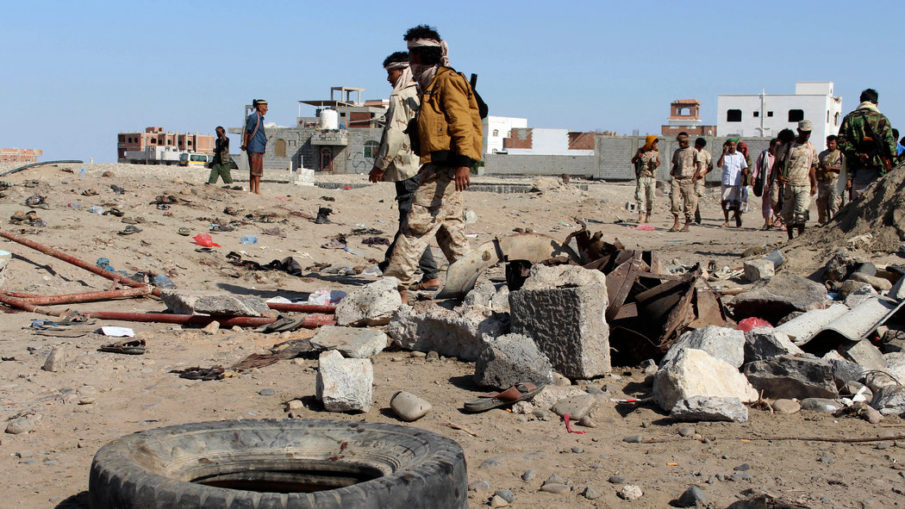In his first trip to Saudi Arabia as Secretary of Defense, James Mattis is seeking to shore up relations between the U.S. and the Saudis, while sending Iran a message.
Along with Secretary of State Rex Tillerson, the Trump administration is effecting a sort of ‘reboot’ with the Saudis, who had felt continually at odds with the previous Obama administration over their stance with the Iranian nuclear deal, and their sharp criticism of the Saudi-led war in Yemen.
With the Trump administration’s clear emphasis on counter-terrorism and a more ‘hawkish’ foreign policy, Mattis represents a sort of ‘first wave’ of renewed American diplomacy in the Kingdom. Hoping to set the stage for an eventual visit by President Trump later this year, Mattis’ trip sought to establish common ground over the ongoing war in Yemen.
Up front, Mattis made it clear that the situation requires a negotiated settlement through the United Nations. The civil war in Yemen is ongoing between forces loyal to former president Ali Abdullah Saleh along with Houthi and Iranian backing, and a Sunni coalition led by Saudi Arabia seeking to support Abdrabbuh Mansur Hadi. The war has claimed thousands of lives and displaced millions. In the vacuum of governance and security, the Islamic State and Al-Qaeda have expanded their presence in parts of Yemen, leading to an increase in American airstrikes and military operations, particularly since Donald Trump assumed office.
Speaking to reporters in the Saudi capital Riyadh, Mattis also highlighted Iran’s efforts to destabilize Yemen and the entire region. “we watch Iran’s impact across the region from the militia they maintain, Lebanese Hezbollah that they support in Lebanon. That militia is also contributing thousands of fighters. And of course, Iran’s got its own military inside Syria, continuing to hold Assad in power. Everywhere you look, if there is trouble in the region, you find Iran.”
But despite seeking a U.N. brokered resolution to the war, Mattis indicated the United States wants to see Saudi Arabia as the regional power broker, and not Iran.
“It has gone on for a long time, we see Iranian supplied missiles being fired by the Houthis into Saudi Arabia and this is something, with the number of innocent people dying inside Yemen, it has simply got to be brought to an end,” Mattis was quoted as saying before arriving in Saudi Arabia.
Image courtesy of the Associated Press
Already have an account? Sign In
Two ways to continue to read this article.
Subscribe
$1.99
every 4 weeks
- Unlimited access to all articles
- Support independent journalism
- Ad-free reading experience
Subscribe Now
Recurring Monthly. Cancel Anytime.











COMMENTS